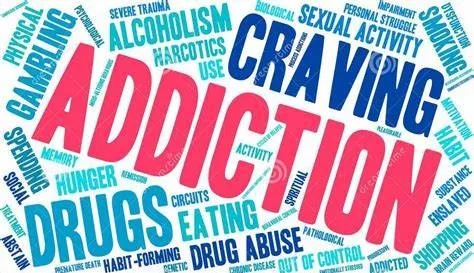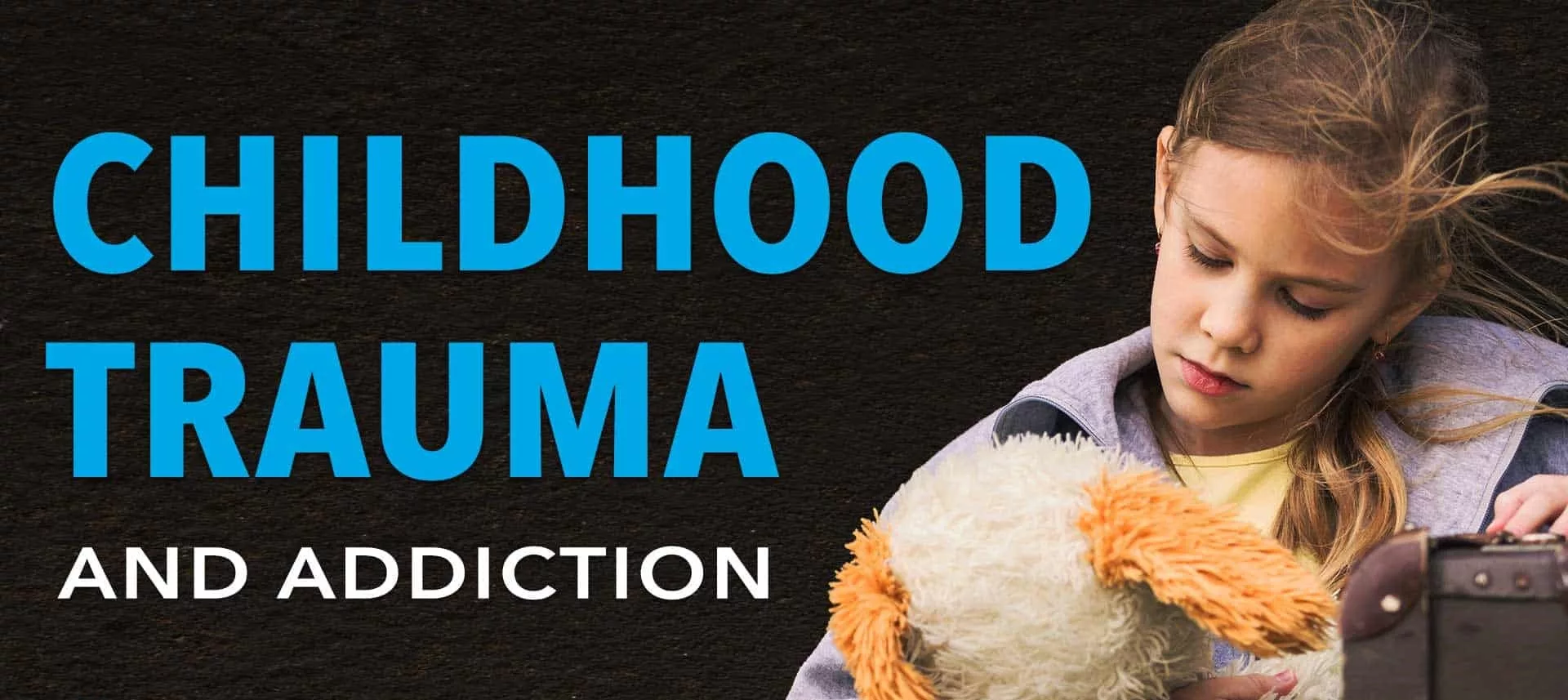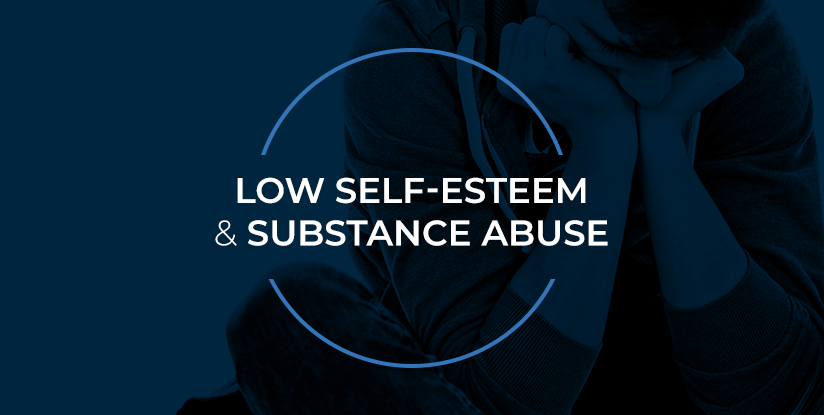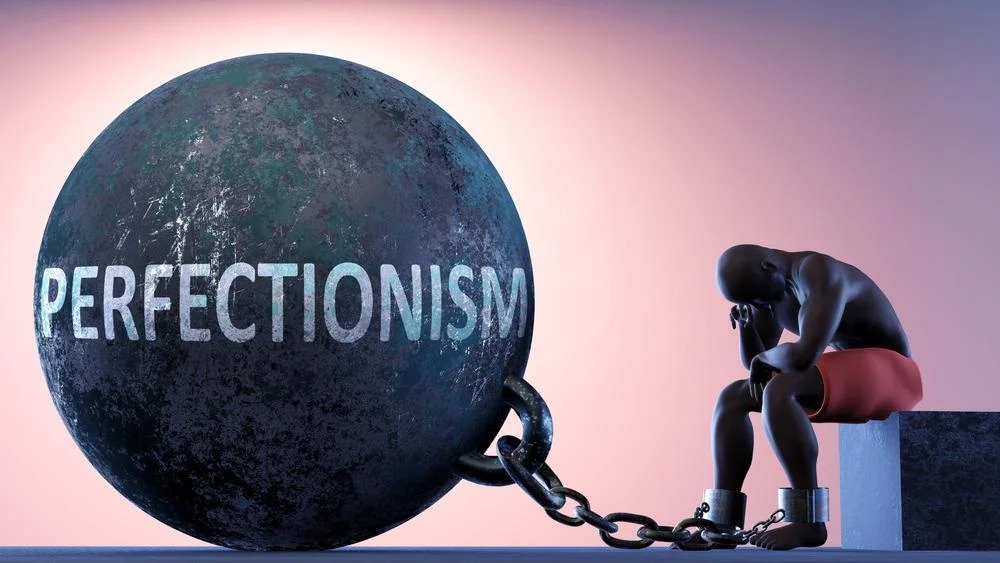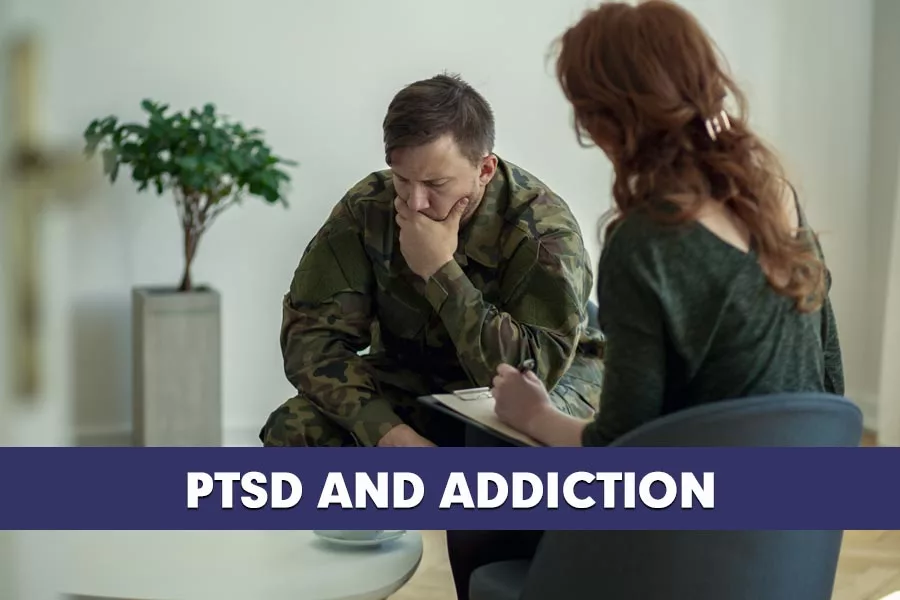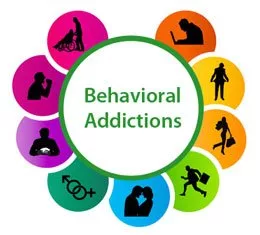Addiction cravings management
Cravings in addiction represents intense desires for substances that hinder sustained recovery. This exploration delves into the symptoms, neuroscience, medications, and treatment options for managing cravings. It emphasizes self-management strategies and the vital role of family support in fostering a resilient environment for individuals on their journey to long-term recovery. Understanding Cravings: A Key Challenge … Read more
